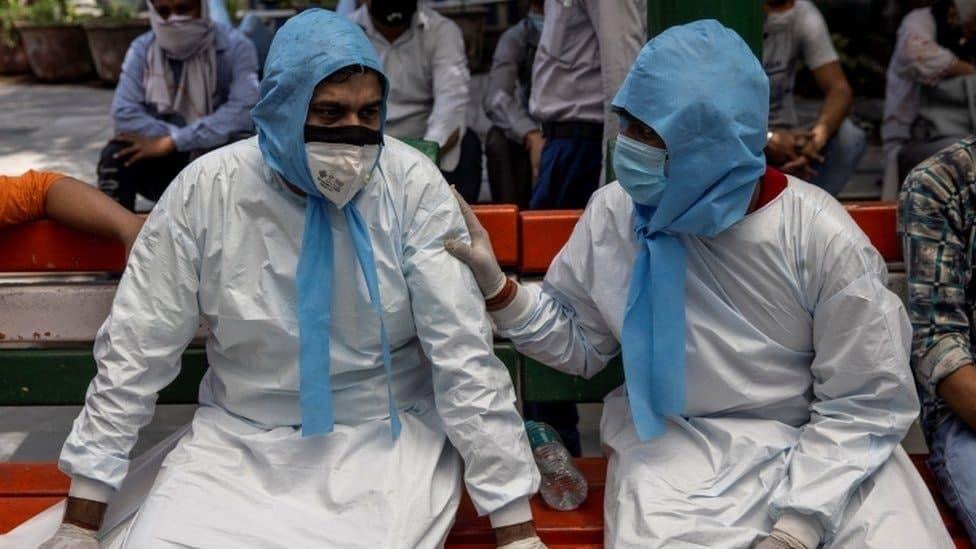NEW DELHI, May 17 (BBC) - India has begun distributing a new locally developed drug to treat Covid-19 symptoms.
Authorities have approved 2-DG and it is to be first used in hospitals across the capital, Delhi.
According to a government statement, it "will be of immense benefit to the people suffering" from Covid-19.
However, some critics are warning that there is not enough data available to back up the drug's emergency approval as a Covid treatment.
The drug - 2-deoxy-D-glucose or 2-DG - has been developed by the Defence Research and Development Organisation (DRDO) in cooperation with pharma company Dr Reddy's.
"Clinical trial results have shown that this molecule helps in faster recovery of hospitalised patients and reduces supplemental oxygen dependence," the government said in a release.
But health experts say a lack published data on the drug's performance in human trials raises questions about its efficacy.
They also point out that D2 was originally developed and tested for treating cancer but has not been approved yet even after prolonged use.
There is currently no cure for Covid-19 and the medication used to ease symptoms is in dramatically short supply in India which is in the grip of a devastating second wave.
With more than 24 million cases and 270,000 deaths, India is now the epicentre of the global pandemic.
The deadly second wave of the virus is ravaging large parts of India, with deaths rising significantly in recent weeks. Many hospitals have run out of beds or oxygen to provide basic treatment. Many of the country's crematoriums have run out of spaces.
The country's vaccination drive is also not nearly making the progress needed to ease the current crisis.
The government release says the drug is to be used as adjunct therapy in moderate to severe cases.
It also points out that due to its simple makeup, "it can be easily produced and made available in plenty in the country", raising hopes that it can eventually be widely used and ease the current Covid emergency.
"A large number of patients are facing severe oxygen dependency and need hospitalisation. The drug is expected to save precious lives due to the mechanism of operation of the drug in infected cells. This also reduces the hospital stay of Covid-19 patients," the release says.
